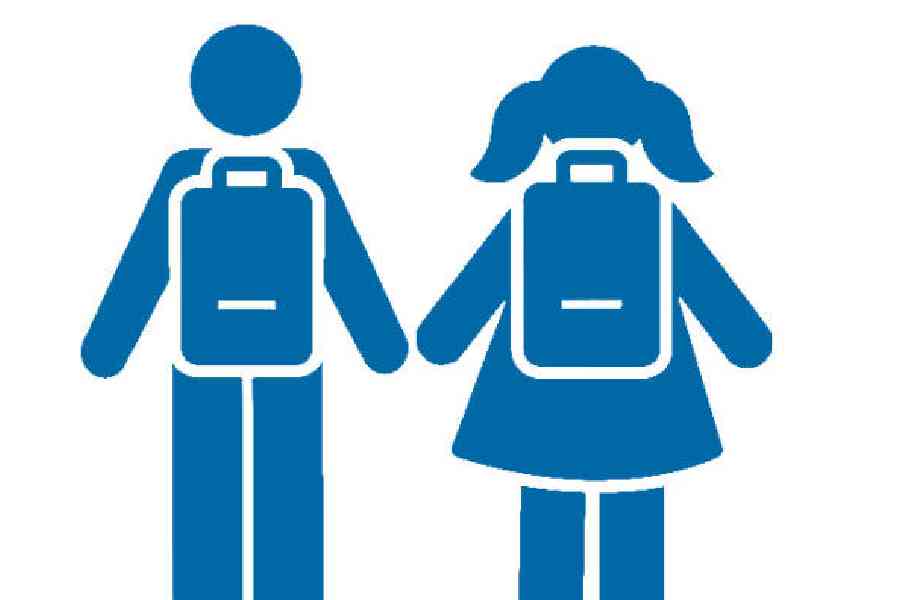Thousands of students, including school dropouts and adults currently enrolled in alternative means of schooling at Open Basic Education (OBE) centres across the country, are staring at an uncertain future as the Union government mulls whether to give permission to these institutions to continue.
The education ministry is yet to renew the permission granted to the National Institute of Open Schooling (NIOS), a distance-learning school board, to continue the OBE centres that offer primary and upper-primary schooling.
According to the NIOS website, the OBE programme has been going on since 1994 to provide primary and upper-primary education to adult new literates.
In 2000, the programme was extended to cover children between 6 and 14 years. The OBE centres have classrooms and teachers. The NIOS conducts examinations in Classes III, V and VIII and awards certificates recognised as equivalent to formal schooling for further education and employment.
The OBE centres function on difficult terrain where formal schools are less available. The OBE centres are run by registered bodies. There are nearly 1,000 OBE centres recognised by the NIOS with enrolment of over a lakh students.
From time to time, the education ministry has authorised the NIOS to run these centres. Last time, permission was granted to run these centres till March 31. Over two weeks have passed since the permission expired.
An NIOS official said the students were anxious about their future since the central government had not given permission till now. In Jharkhand, the state government is pressuring the OBEs to take recognition from it since unrecognised institutions cannot offer schooling.
“The governments in some states are not comfortable with OBE centres with recognition from the NIOS. They want these alternative schooling facilities to wind up so that these learners seek admission in the formal schools and the numbers enrolled in government schools increase. Many students are also worried since the recognition of the centres has expired,” said the official.
The NIOS also conducts examinations for Class X and XII. Neither the exams nor certification is affected by the uncertainty over OBE programmes.
Under the Right To Education Act, schools will get recognition if they have a teacher-student ratio of 1:35, a school building including barrier-free access, separate toilets for boys and girls, drinking water facility, kitchen shed, playground and fencing/ boundary wall.
Most OBE centres do not conform to the RTE standards and they may have to be closed down.
“If the ministry does not extend the permission to the NIOS to recognise these OBE agencies, the alternative schooling model in the country will end and dropout rates will increase,” the official said.
An email has been sent to school education secretary Sanjay Kumar to understand his perspective on the issue. His response is awaited.

